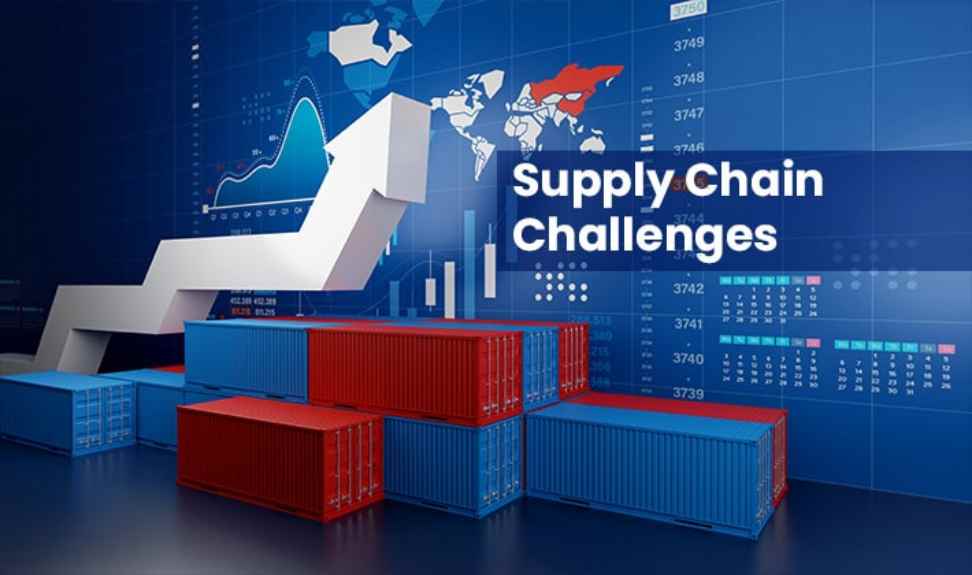Alphaexch247, Kabook Login, VL Book: Blockchain technology has been making significant strides in transforming the logistics industry. Its unique ability to provide a transparent and secure platform for recording transactions has led to increased efficiency in supply chain management. By leveraging blockchain, companies can trace the origins of products, verify authenticity, and reduce the risk of fraud, ultimately enhancing trust among stakeholders.
Moreover, the implementation of blockchain in logistics has streamlined processes such as inventory management, shipping, and payments. Through an immutable and decentralized ledger, all parties involved can access real-time information, leading to quicker decision-making and improved communication. This level of transparency not only reduces errors and delays but also helps in building a more resilient and responsive supply chain ecosystem.
� Improved traceability of products
� Enhanced authenticity verification
� Reduced risk of fraud
� Increased trust among stakeholders
Blockchain technology benefits in logistics:
� Streamlined inventory management
� Efficient shipping processes
� Secure and transparent payments system
� Real-time information access for all parties involved
Challenges Faced by Supply Chain Management
Supply chain management is riddled with numerous hurdles that can impede the smooth flow of operations. One common challenge faced by supply chain managers is the lack of transparency and visibility across the entire supply chain network. This lack of real-time information makes it difficult to quickly identify bottlenecks and inefficiencies in the system, leading to delays in delivery and increased costs.
Another significant challenge in supply chain management is the risk of disruptions in the supply chain. Unforeseen events such as natural disasters, political instability, or global pandemics can severely impact the flow of goods and materials, causing delays and disruptions in production. Managing these unforeseen disruptions requires flexibility and agility in the supply chain process, which can be challenging to achieve without proper planning and risk mitigation strategies in place.
Role of Smart Contracts in Streamlining Operations
Tigerexch247, GX247, Mglionbet: Smart contracts have revolutionized the way operations are streamlined across various industries, including logistics. By incorporating self-executing contracts written in code, unnecessary intermediaries are eliminated, leading to faster and more efficient processes. This automation reduces the risk of errors and fraud, as the terms of the contract are executed automatically once conditions are met.
Additionally, smart contracts provide a transparent and secure platform for all parties involved in the logistics process. Every transaction is recorded on a decentralized ledger, ensuring that the information is tamper-proof and easily accessible. This transparency enhances trust among participants and facilitates real-time tracking of goods, ultimately optimizing the overall supply chain management process.
What are some benefits of implementing blockchain in logistics?
Implementing blockchain in logistics can improve transparency, traceability, and security in supply chain operations. It can also help reduce fraud, errors, and costs.
What are some challenges faced by supply chain management?
Some challenges faced by supply chain management include lack of transparency, inefficient processes, information silos, and coordination issues among different stakeholders.
How do smart contracts help in streamlining operations?
Smart contracts help in streamlining operations by automating and enforcing contractual agreements between parties involved in a transaction. They can eliminate the need for intermediaries, reduce processing times, and increase efficiency.

